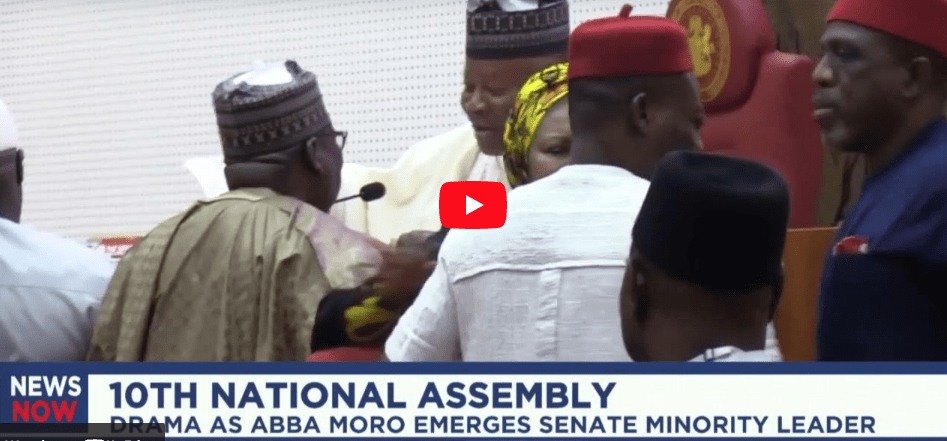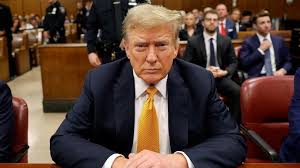
Senate President Godswill Akpabio has affirmed that the Senate would ensure that every naira spent from the 2025 budget positively impacts Nigerians. He urged ministries, departments, and agencies (MDAs) of government to align with this goal as the Senate engaged in a stakeholders’ session on the Appropriation Bill at the National Assembly in Abuja on Thursday.
Describing the 2025 fiscal policy as the “Budget of Restoration,” Akpabio emphasized that it is a strategic plan to secure peace, ignite prosperity, and build a resilient Nigeria. The session, which included public hearings with the appropriation subcommittees and MDAs, was viewed as a crucial moment to craft a budget that meets immediate needs while laying the foundation for a strong and inclusive economy for future generations.
Akpabio expressed confidence in the ability of lawmakers to handle the challenges ahead, stating that while the task is significant, it is not beyond their reach. He called on the National Assembly to act as custodians of Nigeria’s destiny, guiding the country through its trials and opportunities.
Meanwhile, chairman of the Senate Committee on Appropriations Solomon Adeola raised concerns over revenue being “held hostage” by organizations such as the Nigerian National Petroleum Corporation Limited (NNPCL). He accused the NNPCL of categorizing elements of subsidy as operational expenses, which limits the availability of free revenue.
In response to allegations of budget padding, Adeola described claims of missing N3 trillion as a “needless controversy,” asserting that the facts surrounding the funds appropriated for agencies with first-line charge budgets had been misrepresented.
Adeola highlighted that the 2025 Appropriation Act is focused on consolidating past fiscal gains while charting a course for sustainable economic growth. He emphasized that appropriation decisions by the National Assembly are made in the best interests of the public, and that input from relevant MDAs and stakeholders informs these decisions.
Additionally, Adeola noted that, in the past, the country had to borrow funds to stabilize the naira and maintain a favorable exchange rate, thus protecting the economy from external threats.





